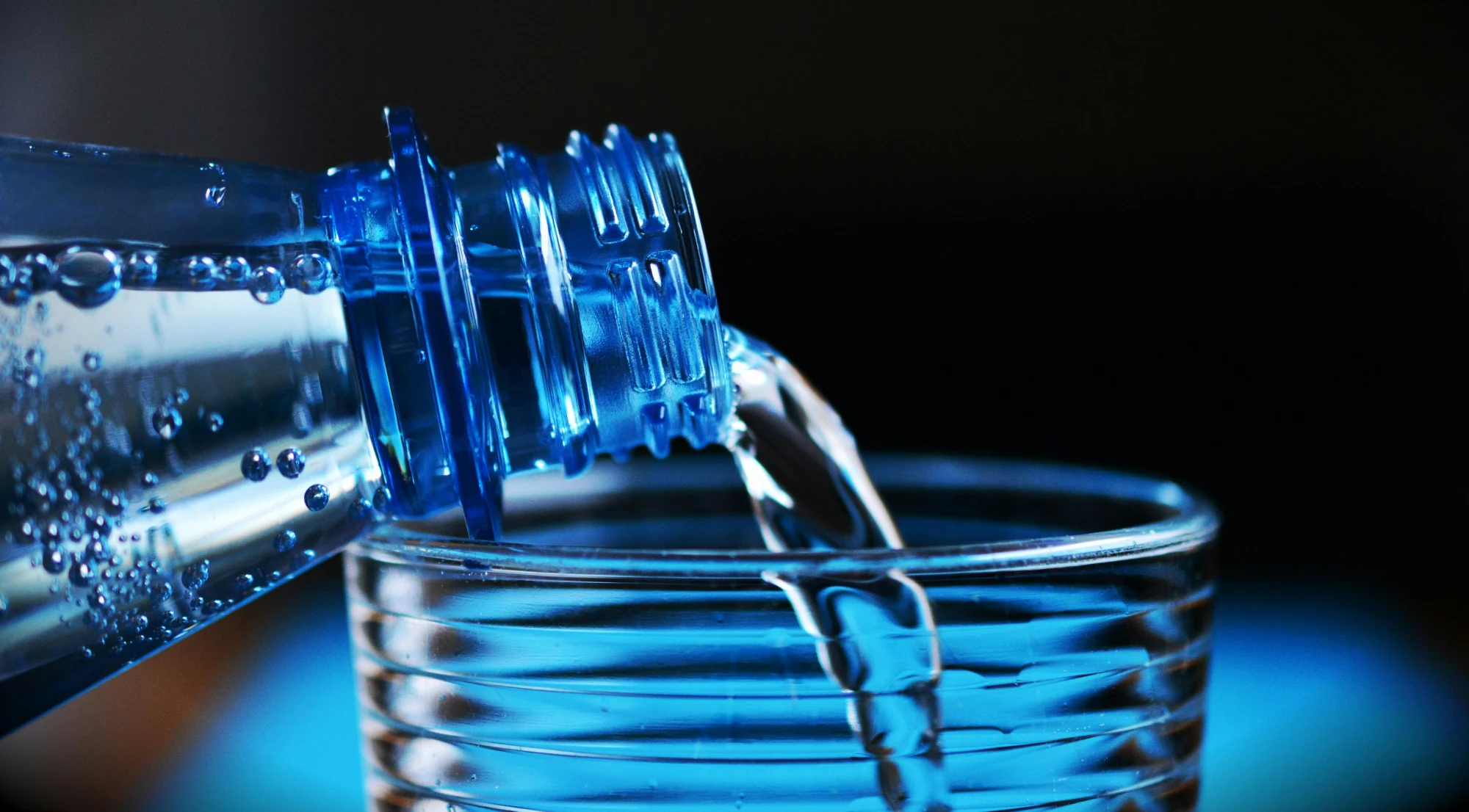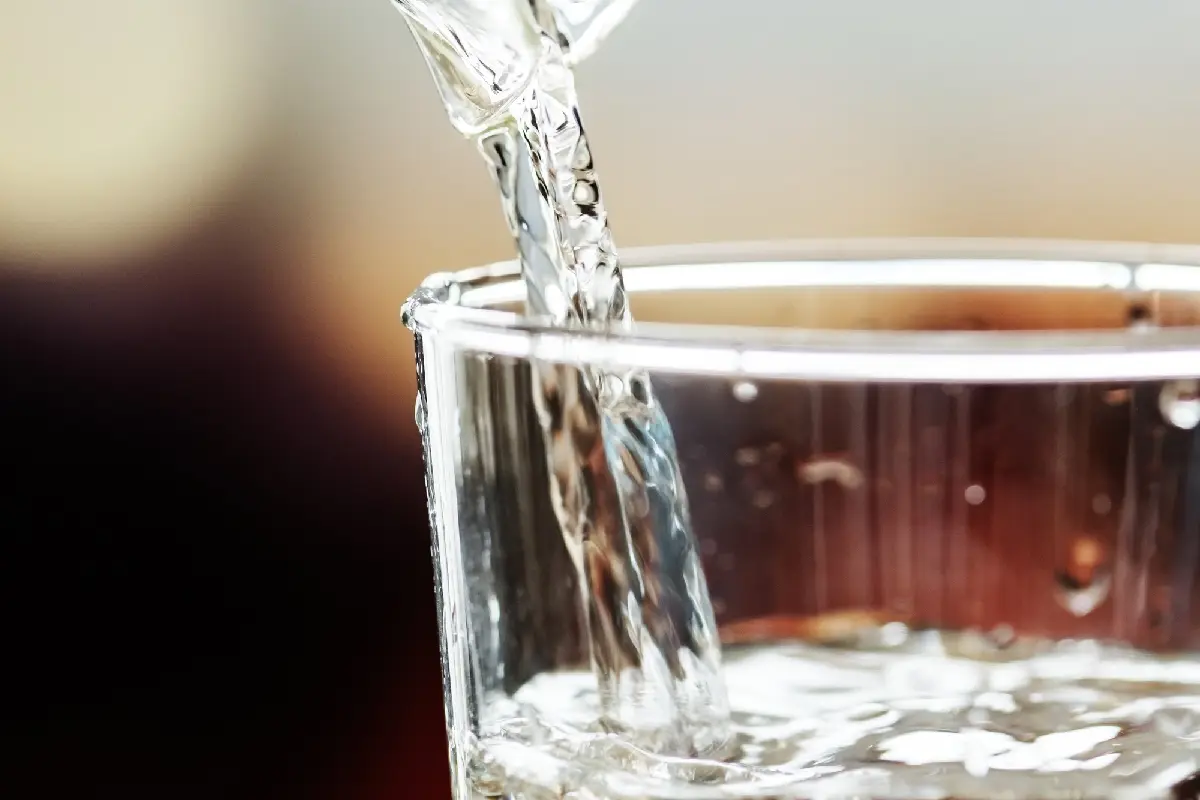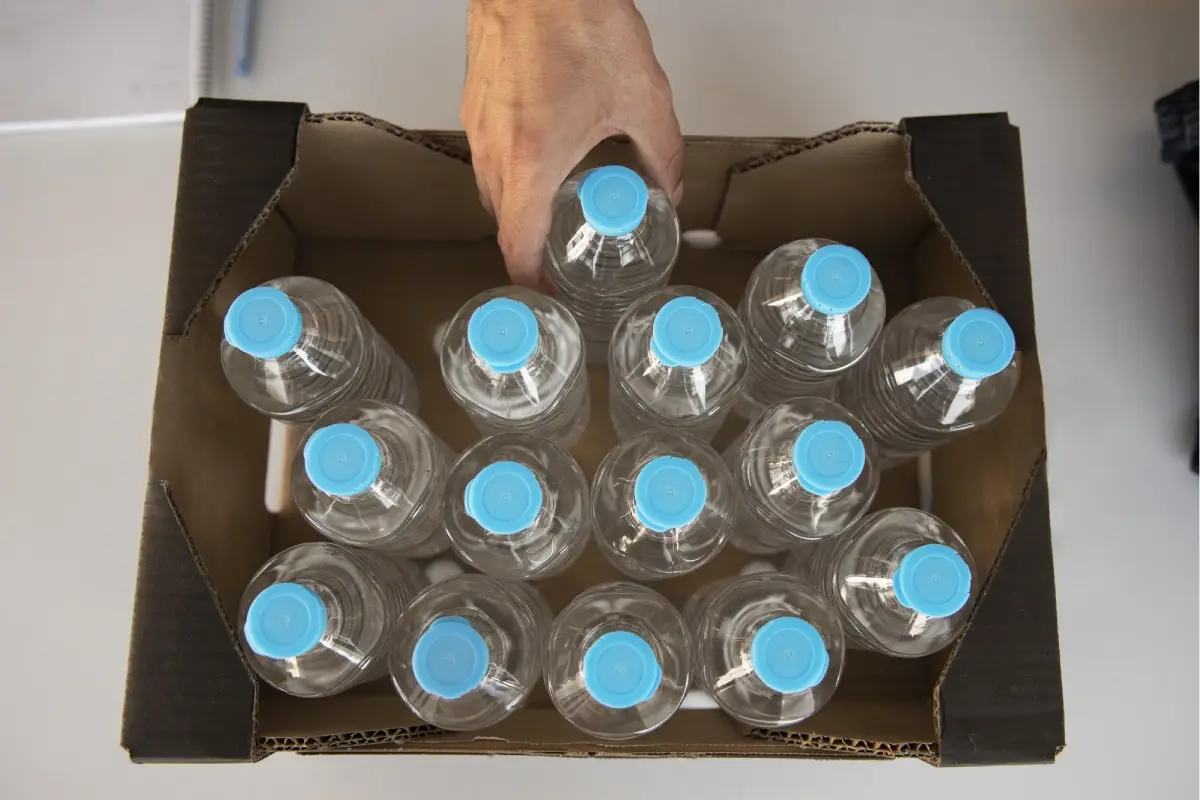How Much Water Should You Drink Daily?
Introduction
Water is one of the most essential elements for human survival. Every cell, tissue, and organ in our body relies on water to function properly. But the question remains: “How much water should you drink each day?” While this might seem like a straightforward question, factors like age, gender, activity level, health status, and even climate can influence your body’s hydration needs. In this article, we’ll dive into the specifics of daily water intake and provide evidence-based recommendations to help you stay properly hydrated.
1.The Importance of Water in the Body
1.1. The Role of Water
Water plays a crucial role in several bodily functions, including:
Regulating body temperature: Sweating is the body’s primary cooling mechanism, and this process requires water.
Transporting nutrients and oxygen to cells: Water acts as a carrier, delivering essential nutrients and oxygen to cells throughout the body.
Removing waste: Water aids in the elimination of waste products through urine, sweat, and breath.
Protecting tissues and joints: Water acts as a lubricant, cushioning tissues and joints.
1.2. Effects of Dehydration
Dehydration can have serious consequences on health. Symptoms of dehydration include fatigue, headaches, dry mouth, decreased concentration, cognitive impairments, and even kidney and digestive problems. In severe cases, dehydration can lead to serious health issues and, in extreme cases, can be life-threatening.
2.Factors Affecting Water Needs
2.1. Age and Gender
Water requirements change throughout life. Generally, men need more water than women due to higher muscle mass and activity levels. Children and teenagers, who are still growing, also have higher water needs.
2.2. Physical Activity
People who are physically active require more water due to increased sweating and water loss. Athletes and those with physically demanding jobs need to pay special attention to their hydration.
2.3. Health Status
Certain health conditions, such as fever, diarrhea, vomiting, and infections, can increase the body’s need for water. Additionally, some medications may raise the need for increased water intake.
2.4. Environmental Conditions
Living in hot, humid climates or at high altitudes can increase water requirements as the body loses more water through sweat in these environments. Staying hydrated in such conditions is crucial.
3.How Much Water Should You Drink?
3.1. General Recommendations
One of the most common recommendations is the “8×8 rule,” which suggests drinking eight 8-ounce glasses of water a day, roughly equivalent to 2 liters. While this is a simple and easy-to-remember guideline, it may not be suitable for everyone.
3.2. More Specific Recommendations
According to the Institute of Medicine (IOM), the average daily water intake for men should be about 3.7 liters, while women should aim for 2.7 liters. These totals include all fluids consumed, including those from beverages and food.
3.3. Water from Food
Approximately 20% of daily water intake comes from food. Foods high in water content, such as watermelon, cucumbers, oranges, and strawberries, are excellent sources of hydration.
3.4. Special Situations
Drinking water during specific situations, such as before and after exercise, when feeling hungry, or during stressful periods, can help maintain optimal hydration levels.
4.Signs of Dehydration and When to Drink Water
4.1. Mild Dehydration Symptoms
Mild dehydration symptoms may include thirst, dry mouth, headaches, and reduced urine output. When experiencing these symptoms, it’s essential to drink water immediately.
4.2. Severe Dehydration Symptoms
Severe dehydration can lead to rapid heart rate, rapid breathing, low blood pressure, and significant mental confusion. This situation requires urgent medical attention.
4.3. Indicators of Proper Hydration
Clear, light-colored urine, feeling energetic and focused, and not experiencing thirst are all signs of adequate hydration.
5.Health Benefits of Staying Hydrated
5.1. Improved Brain Function and Focus
Proper hydration is linked to better cognitive function, increased focus, and reduced risk of headaches. Studies show that even mild dehydration can negatively impact brain function.
5.2. Weight Management
Drinking water before meals can help reduce appetite and support weight loss. Additionally, water helps boost metabolism.
5.3. Healthy Skin and Anti-Aging
Adequate water intake helps maintain skin moisture and reduce the appearance of early wrinkles. Water also helps flush out toxins, leading to clearer, healthier skin.
5.4. Kidney Health
Water assists in flushing toxins from the body through urine and helps prevent kidney stones. Staying hydrated is crucial for maintaining kidney health.
6.Frequently Asked Questions About Water Intake
6.1. Can Drinking Too Much Water Be Dangerous?
Yes, drinking excessive amounts of water can lead to water intoxication or hyponatremia, where sodium levels in the blood drop to dangerously low levels.
6.2. Does Drinking Warm or Cold Water Make a Difference?
Both temperatures have their benefits. Cold water can be refreshing and help cool down the body after exercise, while warm water aids digestion and reduces stress.
6.3. Can You Replace Water with Other Beverages?
While many beverages can contribute to hydration, water remains the best and healthiest choice. Sugary and caffeinated drinks can lead to dehydration.
6.4. Can You Rely on Thirst as a Guide for Water Intake?
Thirst is a helpful indicator, but it’s not always sufficient. Some people, particularly the elderly, may not feel thirsty until they are already dehydrated, so regular water intake is important.
7.Conclusion
Staying adequately hydrated is essential for maintaining overall health and enhancing quality of life. While individual water needs vary based on factors like age, gender, activity level, and environment, understanding your body’s signals and staying mindful of your water intake can help you determine the optimal amount of water for you. Remember, water is vital for your body, so make it a priority to drink enough each day.
Sources
National Academies of Sciences, Engineering, and Medicine. (2005). Dietary Reference Intakes for Water, Potassium, Sodium, Chloride, and Sulfate. The National Academies Press.
Popkin, B. M., D’Anci, K. E., & Rosenberg, I. H. (2010). Water, hydration, and health. Nutrition Reviews, 68(8), 439-458.
World Health Organization. (2004). Water, sanitation and hygiene links to health: Facts and figures. Retrieved from https://www.who.int/water_sanitation_health/factsfigures2004/en/
Institute of Medicine (US). (2004). Dietary Reference Intakes: Water, Potassium, Sodium, Chloride, and Sulfate. National Academies Press.
Mayo Clinic. (2020). Water: How much should you drink every day? Retrieved from https://www.mayoclinic.org/healthy-lifestyle/nutrition-and-healthy-eating/in-depth/water/art-20044256
European Food Safety Authority. (2010). Scientific Opinion on Dietary Reference Values for water. EFSA Journal, 8(3), 1459.
Armstrong, L. E., & Johnson, E. C. (2018). Water intake, water balance, and the elusive daily water requirement. Nutrients, 10(12), 1928








